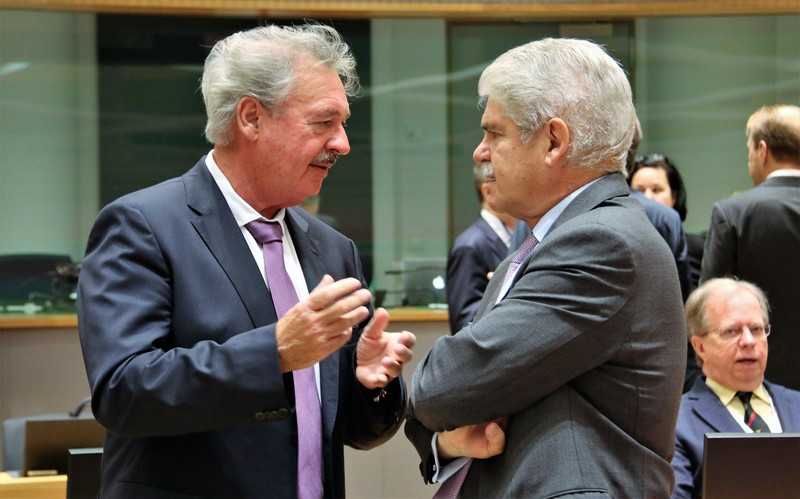On Monday 13 November, the minister for European and foreign affairs, Jean Asselborn, signed the agreement for a new defence cooperation pact, which will come into force by the end of the year.
The defense cooperation framework aims to jointly develop European military assets and defense capabilities and to invest in common projects. It intends to strengthen the European pillar within Nato and respond to demands for stronger transatlantic burden sharing.
All EU members except the UK, Ireland, Denmark, Malta and Portugal have signed up. The pact will be officially launched at a summit next month, with diplomats expecting Ireland and Portugal to sign on before then.
The Franco-German initiatve was launched last year to give new impetus to European integration after the British voted to leave the EU.
The notification states:
“An inclusive PESCO is as a strong political signal towards our citizens and the outside world: governments of EU member states are taking common security and defence seriously and pushing it forward. For EU citizens, it means more security and a clear sign of willingness of all Member States to foster common security and defence to achieve the goals set by EU Global Strategy."
It continued:
“PESCO will be output oriented and should enable tangible progress on the level of investment expenditure on defence equipment, collaborative capability development goals and the availability of deployable defence capabilities for combined missions and operations acknowledging the single set of forces principle. The main driver of PESCO capability development will be the fulfilments of the capability shortfalls related to the EU level of Ambition and Common Security and Defence Policy objectives and priorities.”
